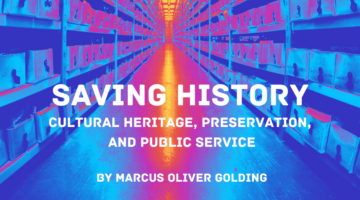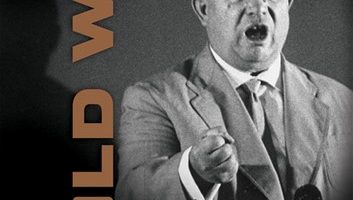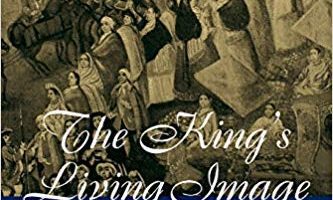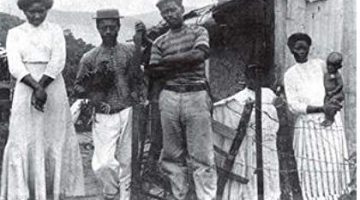
In 2018, I was on a research expedition in Caracas, Venezuela. My days were filled with scheduling visits to libraries and repositories to start research for my dissertation on foreign oil companies and their activities in twentieth-century Venezuela. One sunny afternoon, an old mentor from my undergraduate years invited me to his private club. We […]



